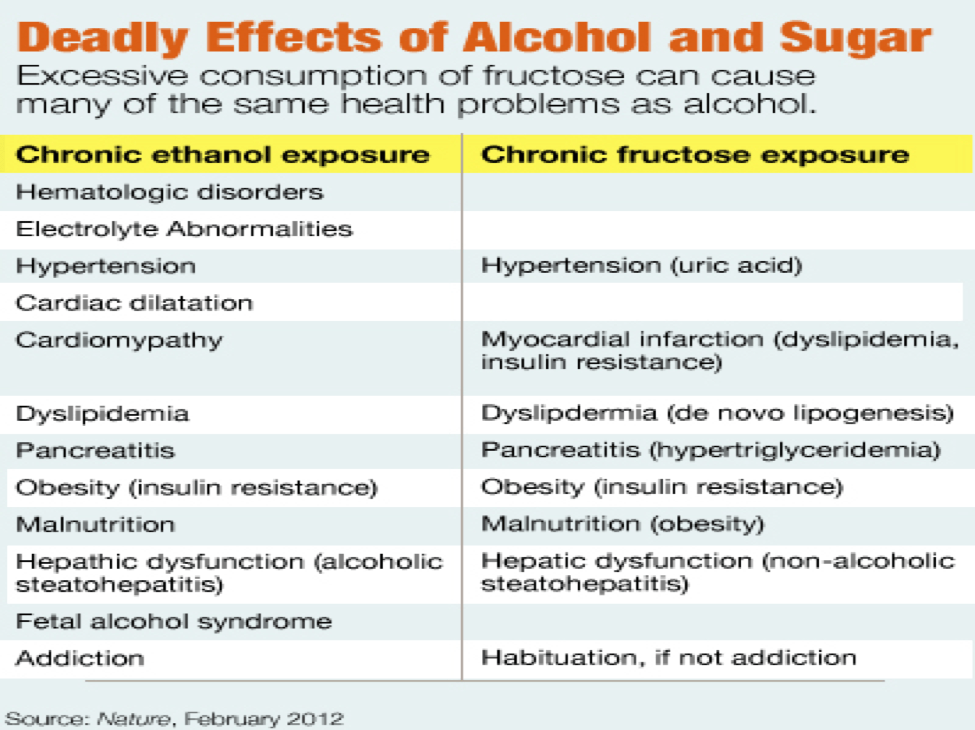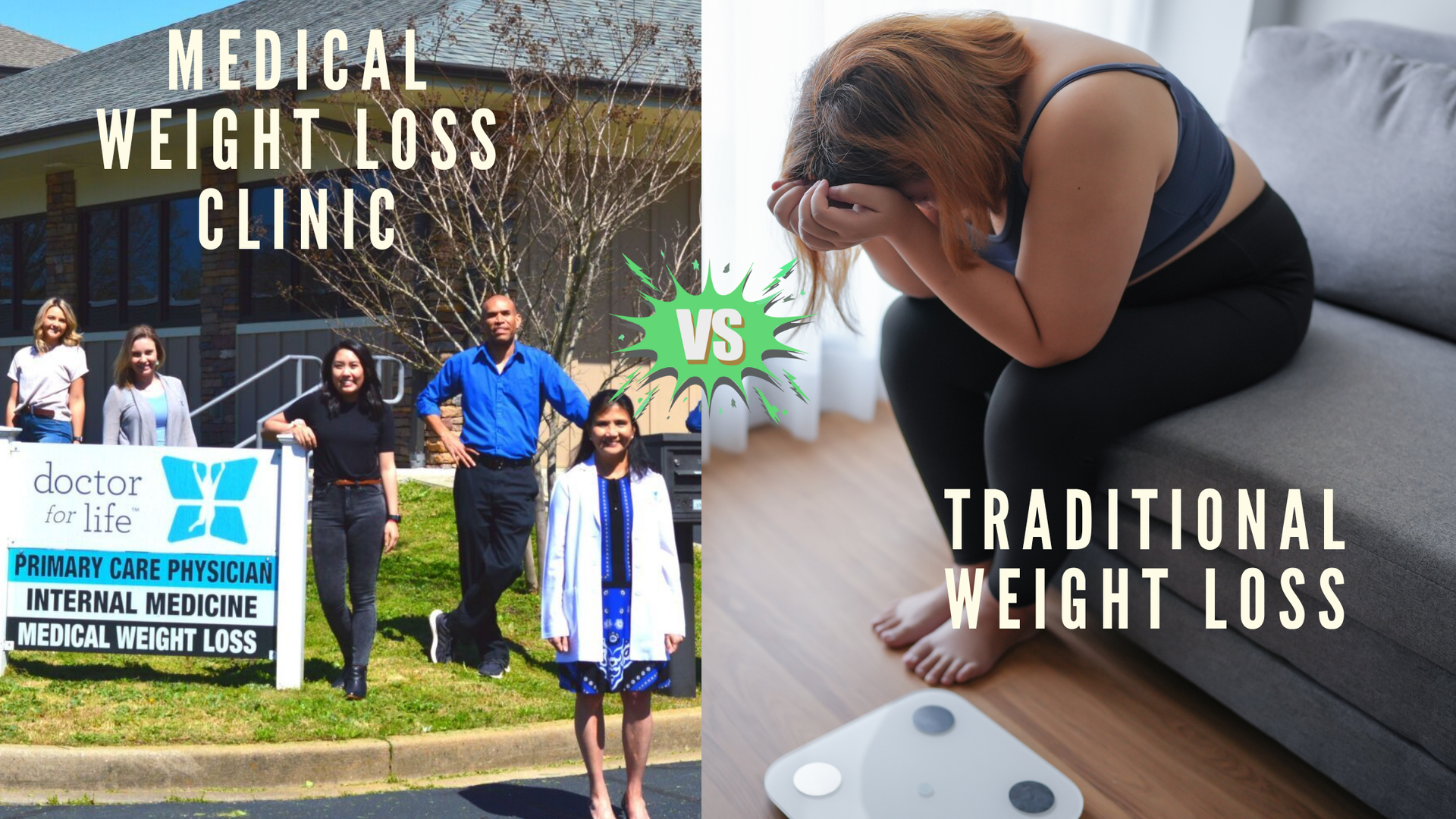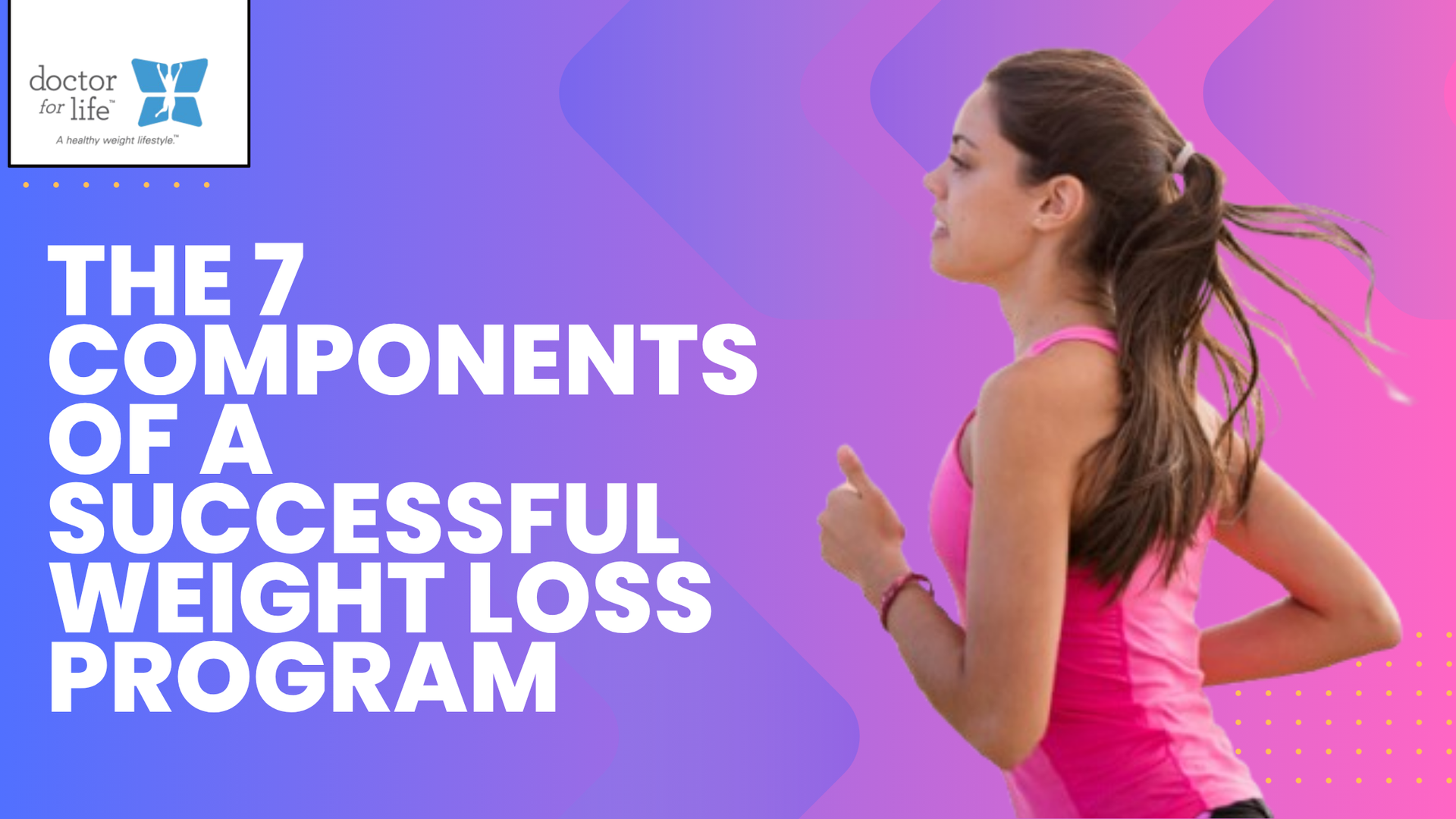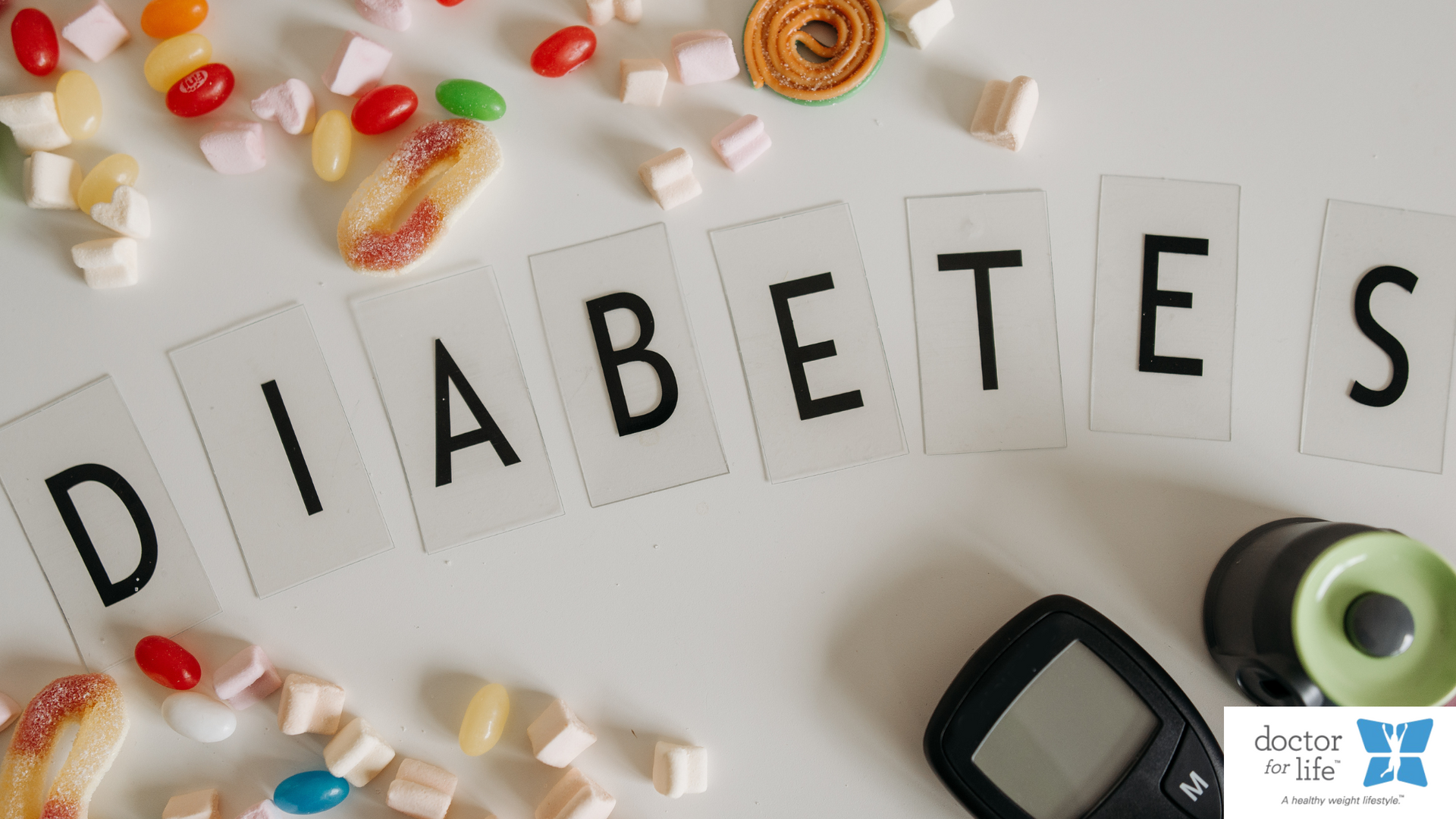Food Addiction
Cheryl Sarmiento, MD • September 4, 2021
Bliss On A Plate!

Food addiction is real, and it's negatively affecting your health.
Why we eat?
1. Eating that promotes Homeostasis or balance
2. Eating for pleasure
3. Eating is a decision
New brain research is revealing why fats and sugars may be driving more and more people toward obesity. New science shows that overeating is not a behavioral disorder, such as a lack of self-control. Instead foods rich in fat and sugar can supercharge the brain's reward system, and is caused by a hormonal imbalance which can overpower the brain's ability to tell an individual to stop eating. In these cases, the more someone eats, the more he or she wants.
Sodas and Doritos:
The single greatest source of added sugar in the American diet is from soda and fats is from processed foods. The sound of cracking opens a can of soda. The fizz. The sugar. The caffeine. The refreshing taste on a hot day. The sound of crackling opening a bag. The crunch. The saltiness and the full texture of fats in your mouth. The description of it alone makes us want to run to the closest convenience store and demand some “liquid candy,” or some "white powder", but that’s not the point. The point is the addiction to ultra processed food is real, and it’s affecting your health, so it’s time to break the addiction. Just imagine how many calories you’ll save!
Eating for Pleasure:
Obesity may be caused by hedonic overeating that hijacks the brain's reward networks. Like addictive drugs, overeating creates a feedback loop in the brain's reward centers—the more you consume, the more you crave, and the harder it is for you to satisfy that craving. Hedonic overeating can induce a drug-dependence-like state. Morphine and other opiates mimic the effects of neurotransmitters (brain chemicals) such as endorphins that are naturally produced in the brain to stimulate feeding behaviors.
Hedonistic Food Behaviors:
Food dense in fat and sugar and often visually appealing—affect reward systems strongly enough to override the appetite-suppressing hormones, thus promoting us to overeat. We have evolved an efficient brain system to help maintain a healthy and consistent body weight by signaling when it is time to eat and when it is time to stop. But highly appetizing foods can often override these signals and drive weight gain.
Experimental rats eating the bland chow would quickly stop and scramble away, but the obese rats continued to devour the rich food, ignoring the warning they had been trained to fear. Their hedonic desire overruled their basic sense of self-preservation.
FOOD ADDICTION VERSUS FOOD DEPENDENCE
Until the early 1990s, society viewed obesity solely as a behavioral disorder: overweight individuals lacked willpower and self-control. This cycle of engaging in a bad habit that gives short-term pleasure, then attempting to abstain from it and eventually relapsing, sounds disturbingly like drug addiction.
A hormonal imbalance could lead to overeating; indeed, obesity runs rampant in certain human families that have a genetic deficiency in leptin. The appetite suppressing hormones become progressively less effective as the body develops tolerance to their actions. The hormonal and metabolic disturbances in obese individuals may be a consequence of weight gain rather than a cause. If obese individuals must eat more and more to overcome reduced activation of reward networks in the brain, that sounds a lot like tolerance. And weight loss can trigger negative mood and depression, much like that experienced by former addicts who try to practice abstinence, suggesting that withdrawal may be in effect.
Other experts have argued that the entire notion of food addiction is preposterous because we are all, in a sense, addicted to food. If we were not, we would not survive.
The 5 Rs - Reduce, Replace, Remove, Record, Reflect:
> Reduce.
Slowly wean yourself off. If you’re downing five cans of soda a day, breaking your soda addiction won’t happen overnight. A study published in the European Journal of Social Psychology found it takes 66 days to form a new habit. Start by weaning yourself off in small increments, say, one less soda per week. Replace that soda with nature’s finest: H2O. Stay focused, remind yourself how much your body will thank you, and watch your soda addiction fade.
> Replace.
Make substitutions. Soda isn’t the only tasty beverage on the market. In fact, you can get your fizz fix without gulping down liquid calories. Try carbonated water with a splash of orange or cranberry juice for natural sweetener or an iced tea with freshly squeezed lemon.
> Remove.
Stay away from diet soda. Just because the nutrition label says zero calories doesn’t mean it’s off the hook. The sugar-free stuff comes with its own set of side effects you don’t want to mess with, including an out of whack metabolism, weight gain, diabetes, and stroke. You have to ask yourself, “Why are there so many ingredients but so few calories?” To really kick your soda addiction to the curb you have to wean yourself off all versions of the caramel-colored bubbles.
> Record.
Write down your habits. Journaling isn’t just for food. Keep a record of each soda you drink and how many calories you’re consuming. Seeing the numbers may make it easier for you to say no. (Think about what you could eat for 500 calories!) Keeping a soda log will help you recognize when you crave your fix and force you to be mindful when you guzzle the sugary stuff.
> Reflect.
Determine what sparks your craving. Knowing your triggers is key to breaking your soda addiction. Are you stressed? Bored? Sleepy? Thirsty? Your triggers will help you determine a healthier alternative. If you’re stressed, go for a walk. Tired; opt for tea. Thirsty; your body is craving water. Bored; ask your boss if you can help with a new assignment.
Pharmacotherapy:
As with alcoholics and drug addicts, the more they eat, the more they want. Whether or not overeating is technically an addiction, if it stimulates the same brain circuits as drug use, in the same way, then medications that dial down the reward system could help obese people to eat less. These new generations of drugs are safe and FDA approved for long-term use.










